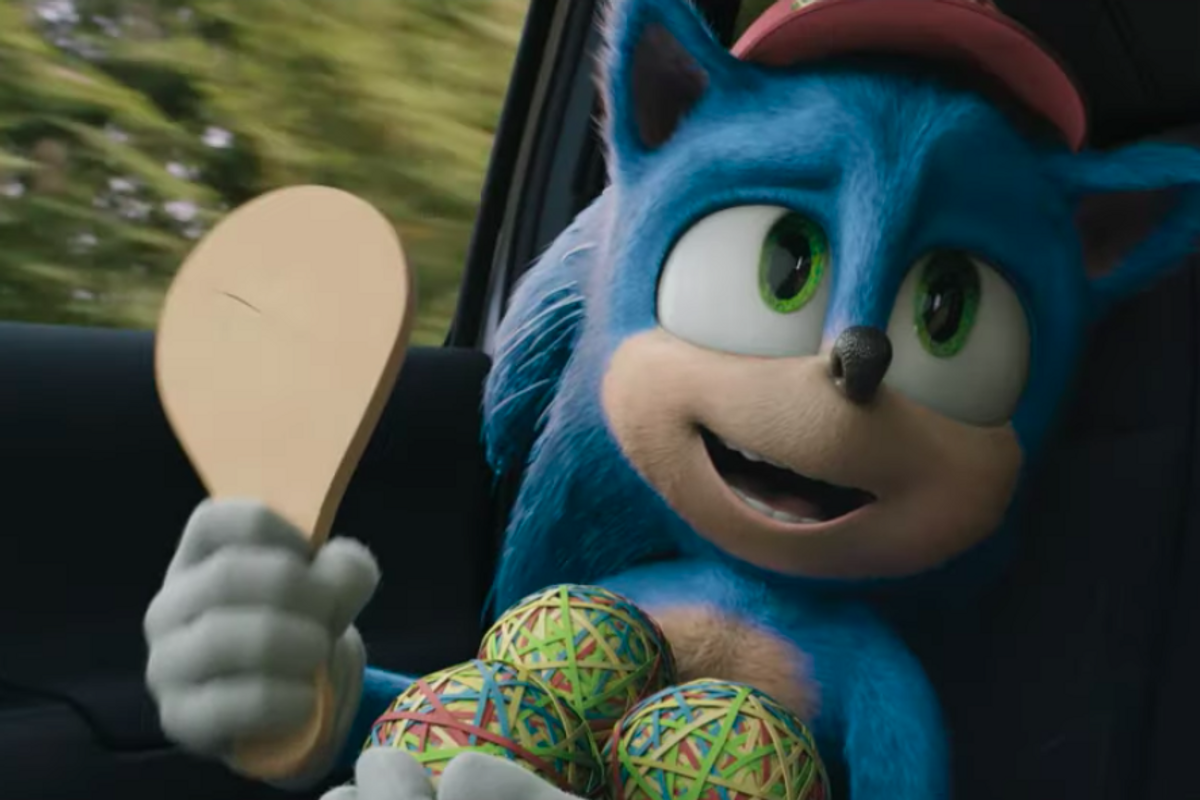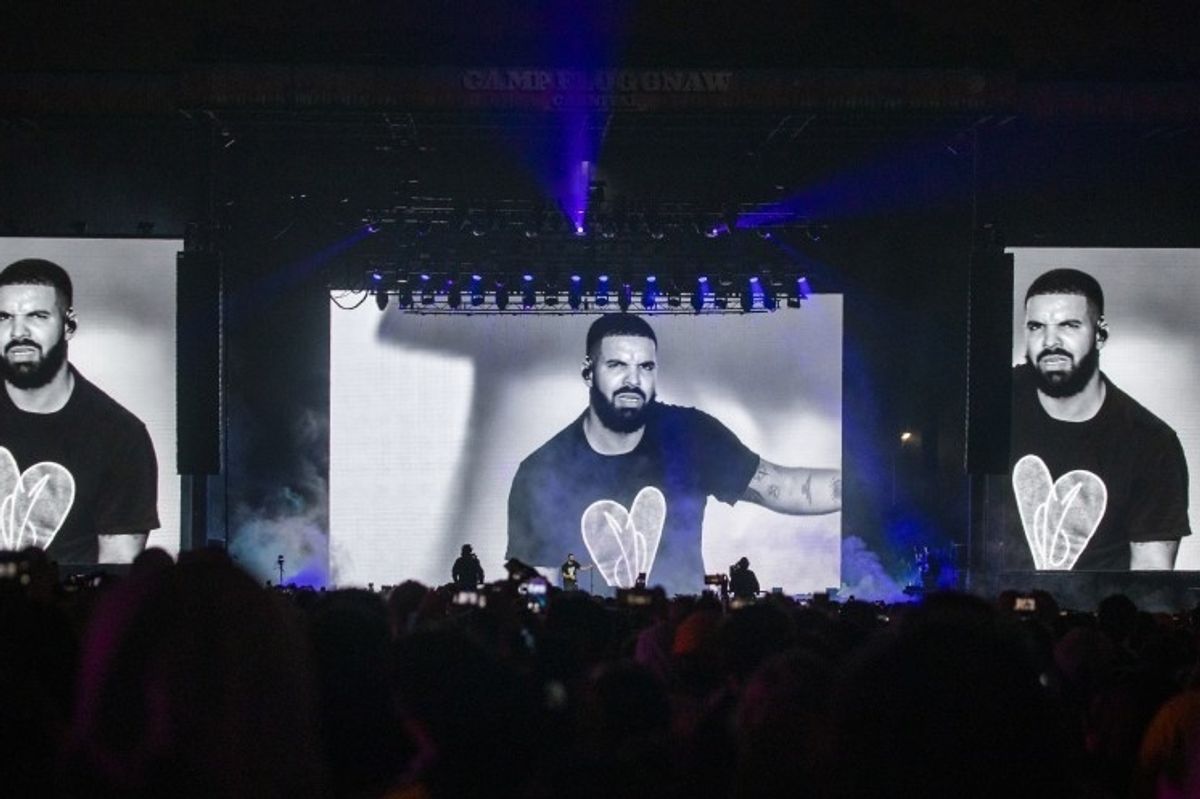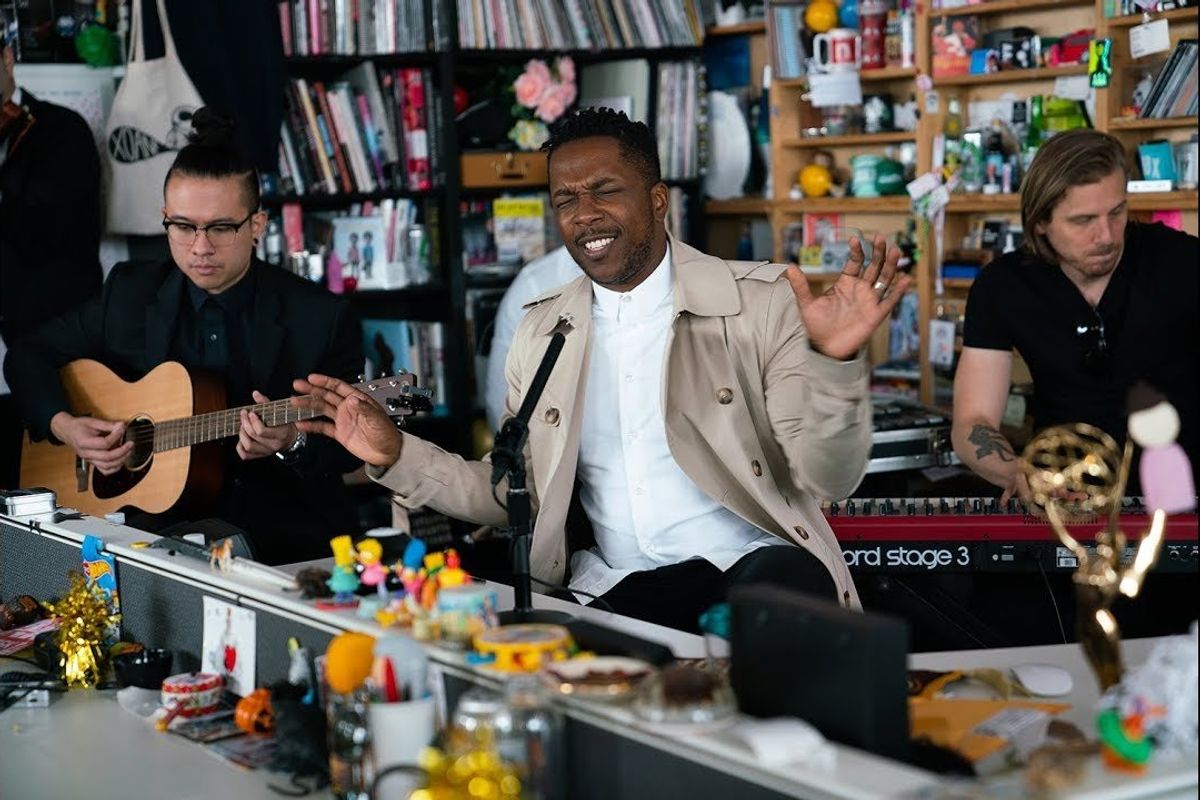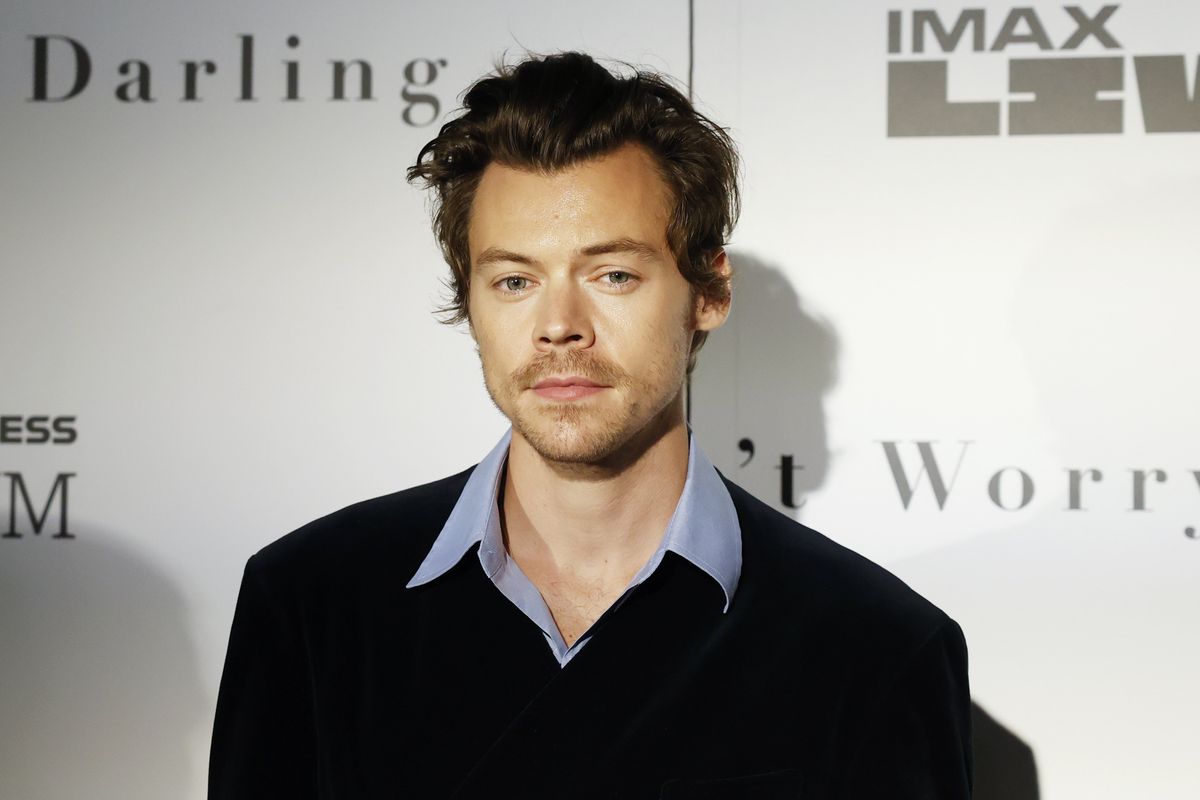Will the Coronavirus Finally Settle the Streaming Movies vs. Theater Debate?
With COVID-19 now a full-blown pandemic, industries are struggling to adjust, but the film and TV industry may never be the same
Less than a year ago, at the 2019 Cinemacon in Las Vegas, Oscar Winner Helen Mirren shared her opinion on streaming movies in no uncertain terms: "I love Netflix, but f*ck Netflix!"
The comment came amid controversy over the criteria by which a film qualifies for consideration for the Academy Awards and other major accolades. At the time, Netflix and other streaming platforms were pushing for their original productions to be included for consideration without the need for traditional theatrical releases, and many in the industry balked at the prospect. Yesterday, Regal and AMC—the largest cinema chains in the US—both announced that they will be closing all their theatres starting today. Together, the two companies operate nearly 50% of theater screens in the US. Other chains have restricted theater crowds, and more closures are certain to follow.
With no clear end in sight for the coronavirus pandemic, there is an open question about how the movie and television industries will cope. While social distancing is creating increased demand for streaming content, and numerous scheduled releases and production schedules have been delayed indefinitely, will studios be forced to release their existing projects online? Will selection criteria be adjusted for the 2021 award season? And will movie theaters ever recover?
Almost every aspect of our society is in the process of restructuring to adjust to the reality of the COVID-19 pandemic. More and more people are working from home. Entire regions are shutting down their restaurants and bars. And citizens and politicians alike are calling for measures that would have been unthinkable a few weeks ago—on the left, many people are pushing for freezes on evictions, as well as rent and mortgage payments, and even some Republicans (normally shills for heartless capitalism) are suggesting universal income measures to help people get by. In the short term it's causing unprecedented turmoil in the stock market, but in the long term, some industries are likely to never fully bounce back.
In some of the most dire cases—movie theaters being a prime example—the change has been a long time coming. American theater attendance peaked in 2002 and has been on a slow decline ever since—with audiences increasingly preferring the convenience of television and streaming services. Independent theaters have been hit hardest, with many closing down in recent years. Likewise, brick and mortar retail has been hit hard by the convenience of online shopping—with many local stores and even some major retail chains forced out of business. The restrictions imposed by the coronavirus—the latest guidelines advise against gatherings of more than ten people—are only accelerating the rate of change that was already occurring.
While many industry insiders would decry the loss of the theater experience—the immersive scale and the communal environment—most Americans have gotten used to viewing even epic films on screens smaller than a sheet of paper. While directors like Steven Spielberg and Christopher Nolan will argue that movies are made to be viewed on the big screen, when your nose is six inches from the action, it hardly feels small. None of this is to say that there won't be something real lost if movie theaters disappear—just that it might be inevitable, and that the coronavirus pandemic has sped up the process. Empty movie theaters may soon join the suburban blight of empty malls and abandoned factories that dot the American landscape. They may go the way of the drive-in.
With the narrow profit margins involved in the theater business, government intervention (as we've already seen with other industries) could help them stay afloat until things return to normal, but the more realistic scenario may be that things never return to normal. While AMC's closure is currently slated to last 6-12 weeks, there is no way of telling how long it will actually last, and it may end up consuming the rest of 2020 and beyond. Will the Hollywood Foreign Press and the Academy open consideration to streaming content and encourage studios to opt for Internet releases in the case of James Bond, Mulan, and others? Or will they cancel next year's award season entirely? Whatever the case, 2020 is looking increasingly likely to be the year that cements the supremacy of the Internet over going outside.
Meanwhile, with Stephen Colbert delivering his Late Show monologue from home (from his bathtub, to be specific), will we see other productions following suit—delivering much-needed entertainment to the isolated masses while limiting the spread of the virus? The term "bottle episode" refers to the trope—particularly common in 90s sitcoms—wherein a small number of characters are trapped together in a confined space. Will we see a resurgence of that concept with an influx of quarantine content? Or will television networks and studios take it to the next level and invest in concepts that allow performers to work remotely from the safety of home, either with animation, or with live-action shows that play with the fact that no one is in the same room (e.g. the episode of Modern Family that took place entirely on FaceTime) If not, TV may also be left behind by the vast array of independent content creators who are more than capable of working with the current conditions.
Whatever else happens in the coming months—and as much as this all feels like a throwback to a different era—we should all be thankful, for once, that culture has increasingly embraced isolation with streaming and delivery services that prevent the need to leave our homes. We all thought we were just being lazy. It turns out we were training for a pandemic.
- Every Event You Were Excited For Is Now Canceled Thanks to ... ›
- Superhero Movies Are Dying in the Age of Coronavirus - Popdust ›
- Behind the Meme: I'm Losing My Sh*t Over the Superheroes Bowing Meme - Popdust ›
- The Ultimate Guide to Streaming Stuff Other Than "Tiger King" During Quarantine - Popdust ›
- Superhero Movies Are Dying in the Age of Coronavirus - Popdust ›
- Worst COVID Content Made So Far - Popdust ›
- Amanda Palmer, Adam Doleac and More Talk Music During COVID - Popdust ›
- New York City, Los Angeles Movie Theaters to Close Due to ... ›
- Coronavirus: How Movie Theaters Are Fighting To Stay Alive In The ... ›
- Say Goodbye to Movie Theaters ›
- Coronavirus could be the tipping point for movie theaters, gyms and ... ›
- NYC movie theaters close due to the coronavirus ›
- NYC , L.A. Movie Theaters Ordered to Close Amid Coronavirus ... ›
- Movie theaters remain open despite coronavirus fears. But they're ... ›
- Movie Crowds Stay Away. Theaters Hope It's Not for Good. - The ... ›
- Coronavirus sends movie theaters reeling; L.A. cinemas close - Los ... ›
- Coronavirus sends movie theaters reeling; L.A. cinemas close - Los ... ›



